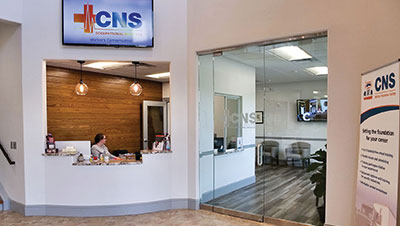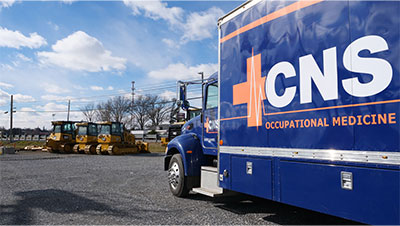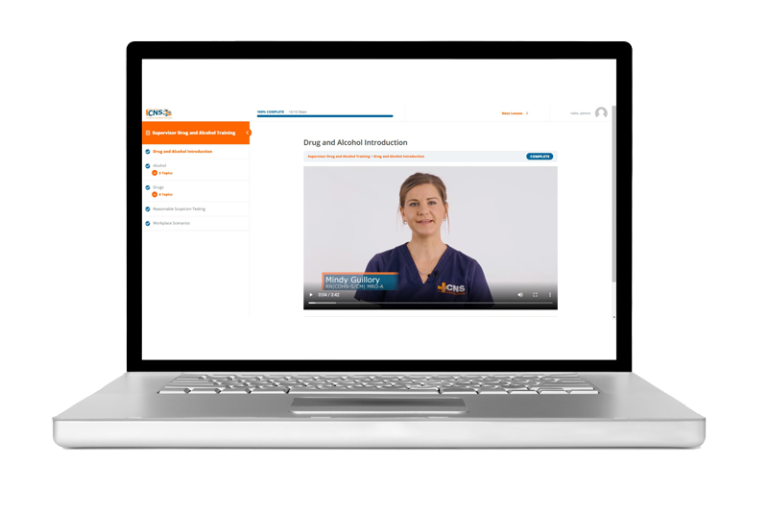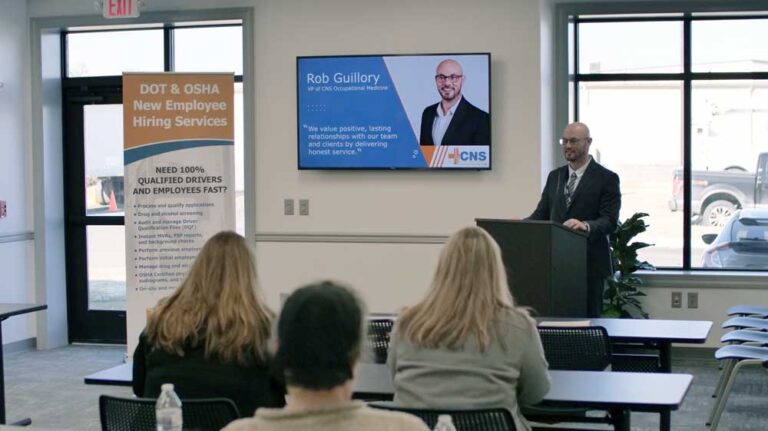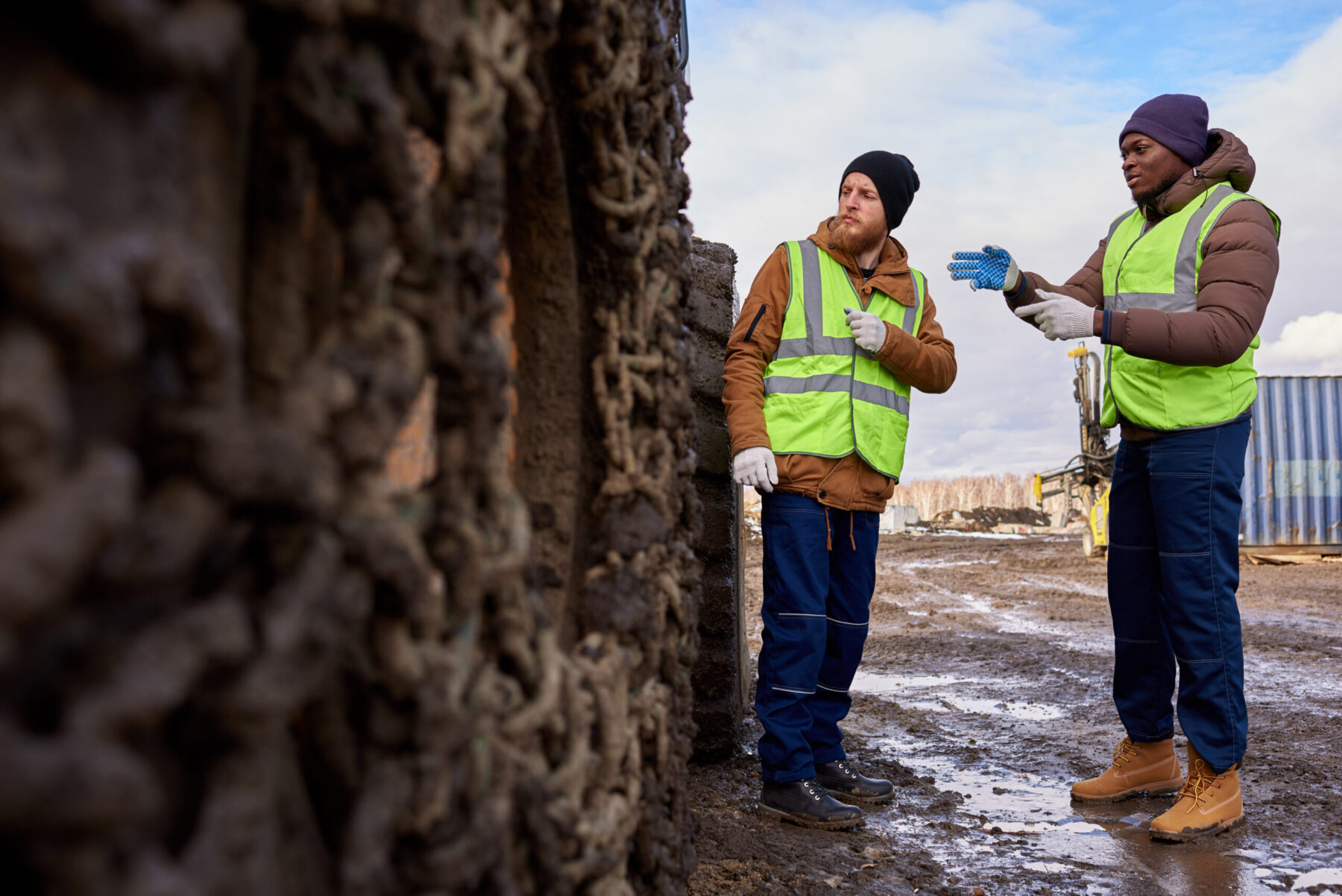The law brings South Dakota in line with other states that have established anti-discrimination protections for workers who use marijuana, excluding safety-sensitive positions.
South Dakota bill SB12 was just signed into law, allowing employers to take action against employees who test positive for THC if they work in a safety-sensitive position or potentially new employees going through the pre-employment process.
This includes jobs like truck drivers, pilots, construction workers, healthcare professionals, teachers, nursing home employees, and others.
It also clarifies that discipline or termination for violating a drug-free workplace policy is not grounds for employment discrimination or wrongful termination claim.
So, what actually changed?
South Dakota law changes
The law amends §34-20G-22 to say:
Except as otherwise provided in this chapter, a registered qualifying patient who uses cannabis for a medical purpose must be afforded the same rights under state and local law, as the person would be afforded if the person were solely prescribed a pharmaceutical medication, as it pertains to:
- Any interaction with a person’s employer;
- Drug testing by a person’s employer; or
- Drug testing required by any state or local law, agency, or government official.
Nothing in this section prohibits adverse employment action, based solely on a positive test result for cannabis metabolites, if the person is employed in a safety-sensitive job.
Nothing in this section prohibits an employer from refusing to hire a person, based solely on a positive test result for cannabis metabolites, if the person is seeking employment in a safety-sensitive job.
The law also amends §34-20G-24 to say:
- No employer is required to allow the ingestion, possession, transfer, display, or transportation of cannabis in any workplace or to allow any employee to work while under the influence of cannabis.
- No employer is prohibited from establishing and enforcing a drug-free workplace policy, which may include a drug testing program that complies with state and federal law, or acting with respect to an applicant or employee under the policy.
- No cause of action is created for employment discrimination or wrongful termination arising from an employer’s enforcement of a drug-free workplace policy in compliance with this chapter.
It may be time to update you drug testing policy
Drug testing policies are not just complicated to create, but they need to be understood and managed well by all supervisors.
CNS Occupational Medicine can help with customized policy development.
Drug testing policies can be complicated and should consider:
- Purpose of the Policy
- Specimen Types
- Testing Procedures
- Prescription Drug Disclosure
- Federal Regulations (DOT)
- State Drug Testing Laws and Marijuana Laws
- Workers’ Compensation
- ADA
- Prohibited Conduct
- Consequences
Our Occupational Medicine Team can also develop a custom workplace safety plan for your company. You may need a combination of services like physicals, audiograms, and drug testing, and you may also need these services performed on-site.
For more information, contact us at 800.551.9816 or info@cnsoccmed.com.

